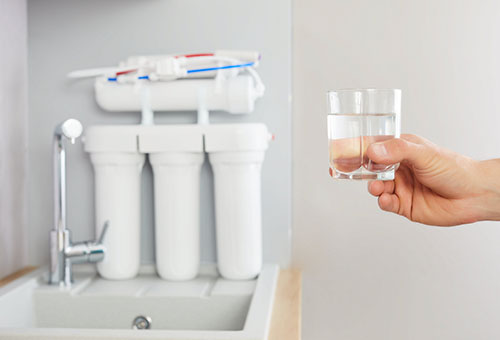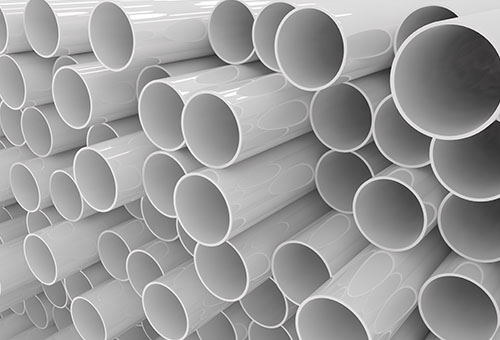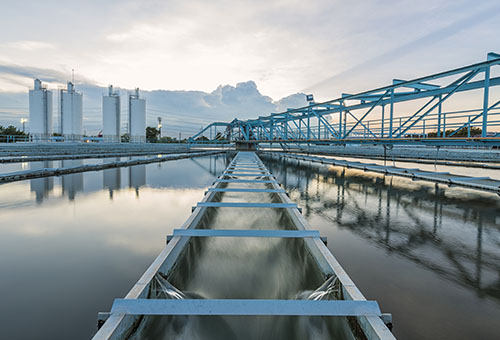 EXHIBITOR INFO
EXHIBITOR INFO
Founded in 1944, NSF (nsf.org) is a global independent organization committed to protecting human health and safety.
NSF International established NSF Shanghai Co., Ltd. in 2005 and NSF Shanghai Testing Technology Company (NSF's ISO/IEC-17025 accredited laboratory) in 2011, which serve as the center of NSF's operations in China.
As a result, the company can provide better supports and services to the customers in Asia by offering professional and customized testing services, scientific and innovative solutions, to assist them to meet their safety, quality, integrity and regulatory compliance goals for international trade.
The certification includes drinking water treatment units (POU and POE) such as RO, Softeners, filters and pitchers, with standards including NSF/ANSI 42, 44, 53, 55, 58, 62, 177, 401; NSF P231, P473, P477; NSF/JWPA P72 and CSA B483.1.

- Both components and systems can be NSF certified.
- Testing ranged from material safety, structural integrity, and contaminant reduction
The certification includes plastic pipe and fittings mech. Plumbing Devices such as faucets, valves, fitting and etc., with standards including NSF/ANSI 14 and 61-Section 9; NSF/ANSI/CAN 372; UPC®; IPC®; ASTM; ASSE; ASME.

- Plastics piping system components and related materials cover materials and products used in plumbing and circulation systems.
- It establishes minimum requirements of physic, performance, health effects, quality assurance, marking, and recording for plastic piping components and related materials.
- Making Lead content evaluation according to U.S. Federal Safe Drinking Water Act
NSF/ANSI/CAN 60 - Drinking Water Treatment Chemicals and NSF/ANSI/CAN 61 - Drinking Water Systems Components are globally recognized health effects standards that cover treatment chemicals and components used in the drinking water distribution system, from source to tap.
Today, the standards are both American National Standards (American National Standards Institute, 1989) and National Standards of Canada (Standards Council of Canada, 2019).

- NSF/ANSI/CAN 60: To establish minimum health effects requirements for the chemicals, the chemical contaminants and the impurities that are directly added to drinking water from drinking water treatment chemicals.
- NSF/ANSI/CAN 61: Products or materials that come into contact with drinking water or drinking water treatment chemicals.





